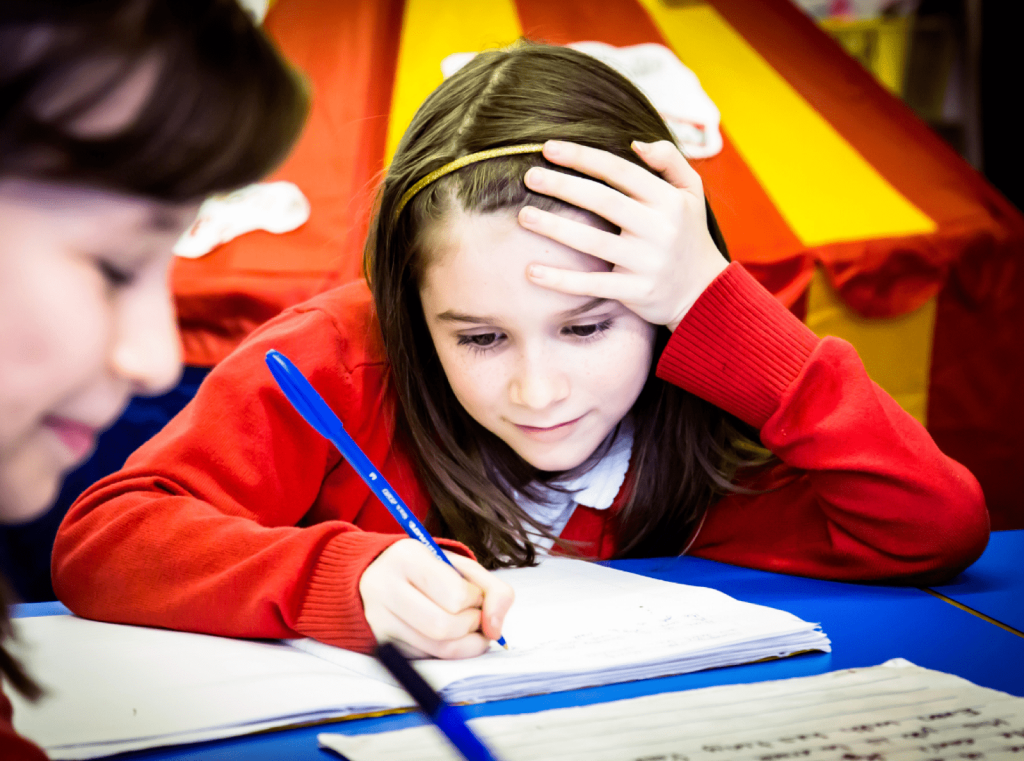Identifies strengths and challenges
Discover pupils’ strengths and challenges by triangulating views from pupil, teacher and parent/carer.

Developed by psychologists, this assessment uses stakeholder checklists – for the pupil, parent/carer and teacher – to discover a pupil’s strengths and challenges in five sub-scales of emotional literacy and, where necessary, highlighting areas for intervention:
Scores are provided for each of the sub-scales, as well as an overall emotional literacy score, with information about techniques to help you support pupils’ development, and specific activities to address each of the five sub-scales.
Discover pupils’ strengths and challenges by triangulating views from pupil, teacher and parent/carer.

Easy-to-administer checklists for pupils, parents and teachers provide scores for each of the emotional literacy sub-scales and an overall emotional literacy score.

Identify areas for intervention across the five sub-scales of emotional literacy; self-awareness, self-regulation, motivation, empathy and social skills, with techniques and age-appropriate activities to support children’s development.


Discover our report which exposes a sharp decline in children's speech and language skills, driven by less conversation at home and more screen time.

Education Specialist Emma Dibden outlines the challenges for inclusive SEND provision in mainstream schools and suggests some solutions.

North Star Inclusion Advisory Team discuss pupil mental health following the pandemic and recommend Emotional Literacy to evaluate the support needed.
From webinars to bespoke sessions, our comprehensive and flexible training programmes ensure you can maximise your GL Assessment tools.
Turn insights into actionable outcomes. Unlock the full power of your assessment data with dedicated support from our Education Advisors.
All of our assessments come with a suite of helpful guides designed to get you started and keep benefiting from the data. Technical information and platform support are here too.
Need to place an order? Or have a technical question? You’ll find our contact details here – people, not call centres, just a phone call away.
Emotional literacy is the term used to describe our ability to understand and express feelings. It means having the self-awareness to recognise your own feelings and to know how to regulate them. For children, it is particularly important to be able to express their feelings when it is beyond their capacity to control them.
The child marks themselves against statements such as ‘I often lose my temper’ using ‘very like me’ through to ‘not like me at all’. Each answer has a numerical score, and these combine into an overall emotional literacy score.
Scored in the same way as the pupil checklist, the teacher checklist produces a score for each of the emotional literacy sub-scales (self-awareness, self-regulation, motivation, empathy and social skills), as well as an overall emotional literacy score.
This checklist is mainly used for the parents of children receiving one-to-one or small group intervention. It produces a score for each of the emotional literacy sub-scales (self-awareness, self-regulation, motivation, empathy and social skills), as well as an overall emotional literacy score.